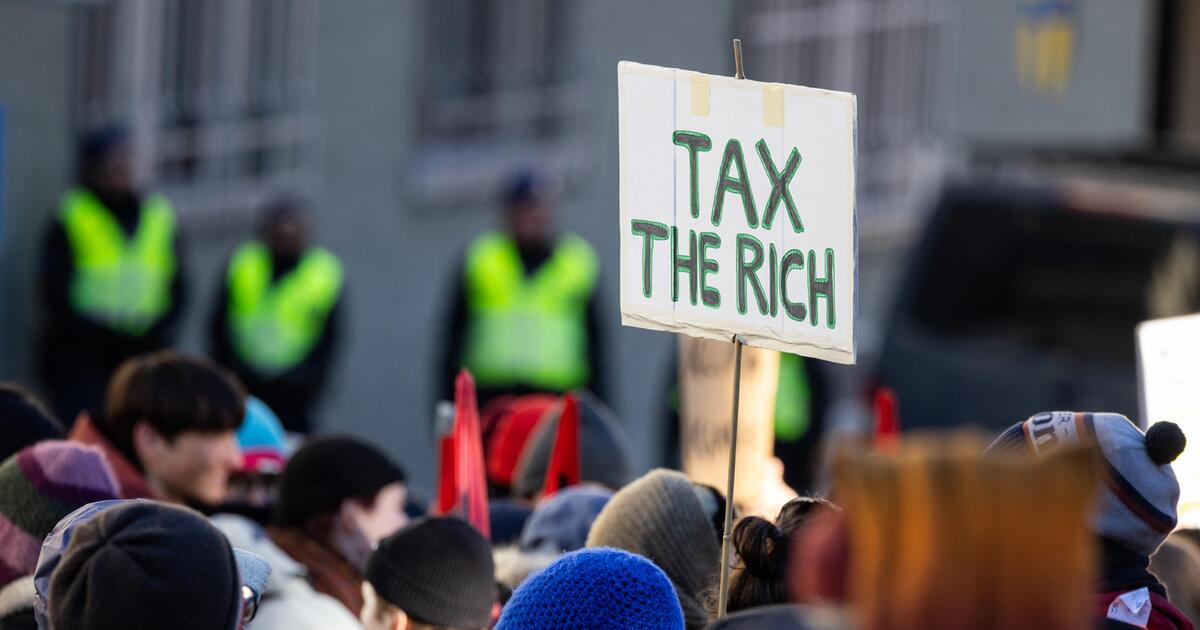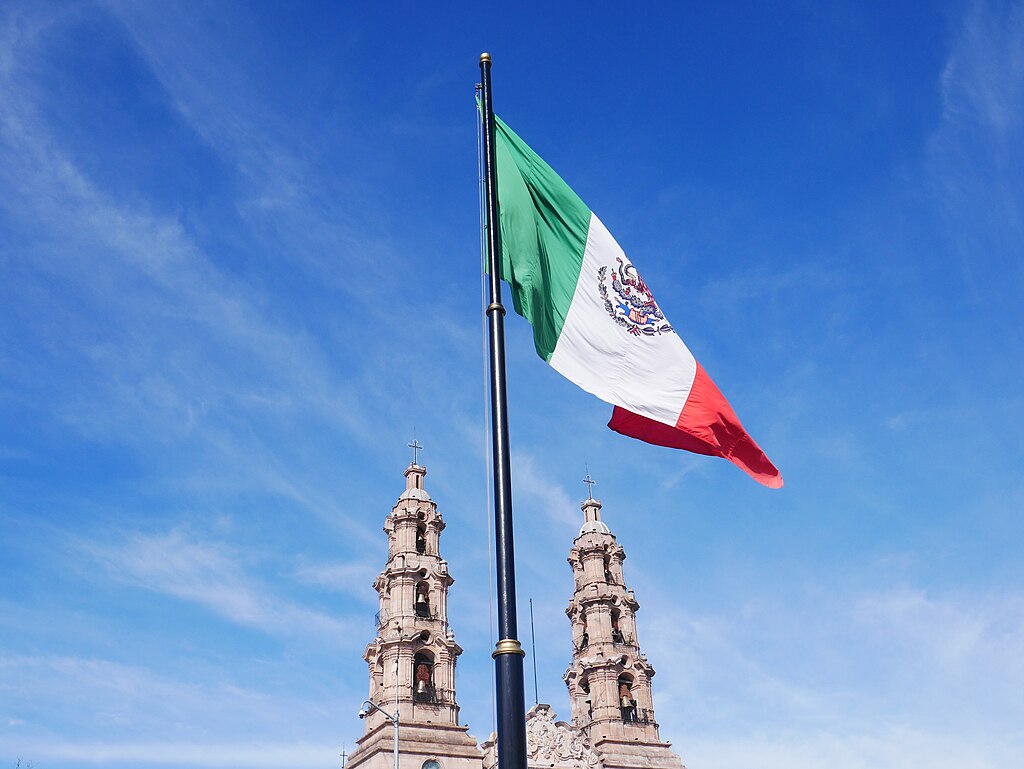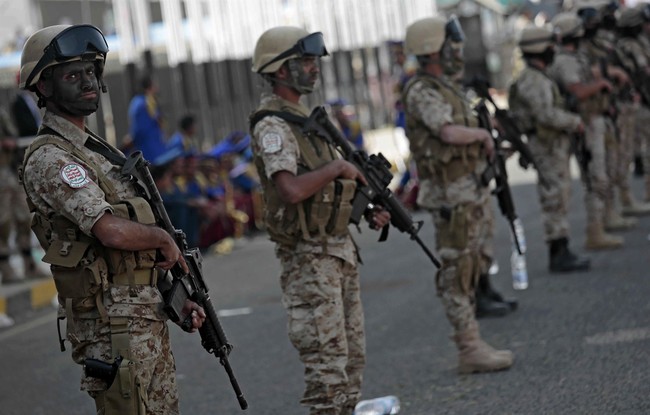Global Wealth Disparity: A Deep Dive
As the annual World Economic Forum in Davos approaches, the latest Oxfam report highlights the growing wealth disparity between billionaires and those living in poverty.
Published January 21, 2025 - 00:01am

Image recovered from gmx.at
The stark reality of global economic inequality is brought to the forefront by the most recent Oxfam report, published ahead of the World Economic Forum in Davos. This report meticulously details a world where wealth is increasingly concentrated among a small elite, while billions struggle with poverty. Despite various efforts to combat poverty over the past decades, the number of people living below the poverty threshold remains alarmingly high, with statistics suggesting that 44% of the global population subsists on less than $6.85 per day.
This growing disparity is underscored by the emergence of new billionaires at a staggering rate. In 2024 alone, nearly four new billionaires emerged each week, bringing the total number to 2,769. The combined wealth of these billionaires experienced an increase of $2 trillion, jumping from $13 trillion to $15 trillion, thereby eclipsing the previous year by a significant margin. The report suggests that should this trend continue, the world could see the rise of its first trillionaires within a decade.
The concentration of wealth has been partially attributed to the inheritance and existing systems favoring those already wealthy. The Oxfam study highlights that approximately 60% of modern billionaires' riches stem from inheritances, monopolistic advantages, or connections with those in power, rather than self-made endeavors. This trend is emblematic of a larger economic system that perpetuates inequality, with high-income countries in the Global North reaping the majority of benefits while developing nations remain marginalized.
Further complicating this issue is the economic structure that consistently favors advanced economies over emerging ones. As noted in the Oxfam report, 69% of the world's wealth is controlled by the Global North, which also harbors 77% of global billionaires. This imbalance is evident in the global labor force as well, where countries in the Global South contribute to 90% of the workforce yet retain only 21% of the global income. Such disparities extend to salary differences across comparable skill sets, with wages in the Global South falling grossly short of those in wealthier nations.
The role of multinational corporations has also been scrutinized in perpetuating economic disparities. These corporations' revenues often surpass the GDPs of entire nations, leveraging monopolistic power to cement economic inequalities. This consolidation of power is frequently accompanied by political influence, where wealthy individuals and entities contribute significant financial resources to political campaigns, potentially swaying policy decisions in their favor.
The implications of this wealth concentration extend beyond mere economic discrepancies, influencing political dynamics and threatening democratic principles. The intermingling of vast wealth with political power has raised concerns over the rise of oligarchies, where a handful of individuals wield disproportionate influence over economic and political spheres. Such concerns were echoed during the Davos forum, where calls for increased taxation and regulation of the super-rich were prominent topics of discussion.
Efforts to address these inequalities are compounded by an overarching debt crisis that plagues many low and middle-income countries. These nations allocate nearly half of their financial resources to servicing debts, often owed to wealthy creditors in the Global North, leaving little for essential services like healthcare and education. This debt burden exacerbates vulnerabilities, stifling development and reinforcing cycles of poverty.
As part of its broader analysis, Oxfam draws parallels between modern economic practices and historical colonialism, arguing that economic dominance and resource extraction by wealthy nations continue to perpetuate a form of neocolonialism. This perspective calls for a re-evaluation of economic systems to foster more equitable wealth distribution, ultimately steering toward models of cooperation and inclusivity.
The insights provided by Oxfam at the World Economic Forum serve as a stark reminder of the socio-economic challenges facing the world. They underscore the urgent need for comprehensive policy reforms that address wealth concentration, enhance opportunities for marginalized communities, and reinforce the foundations of democratic governance.







